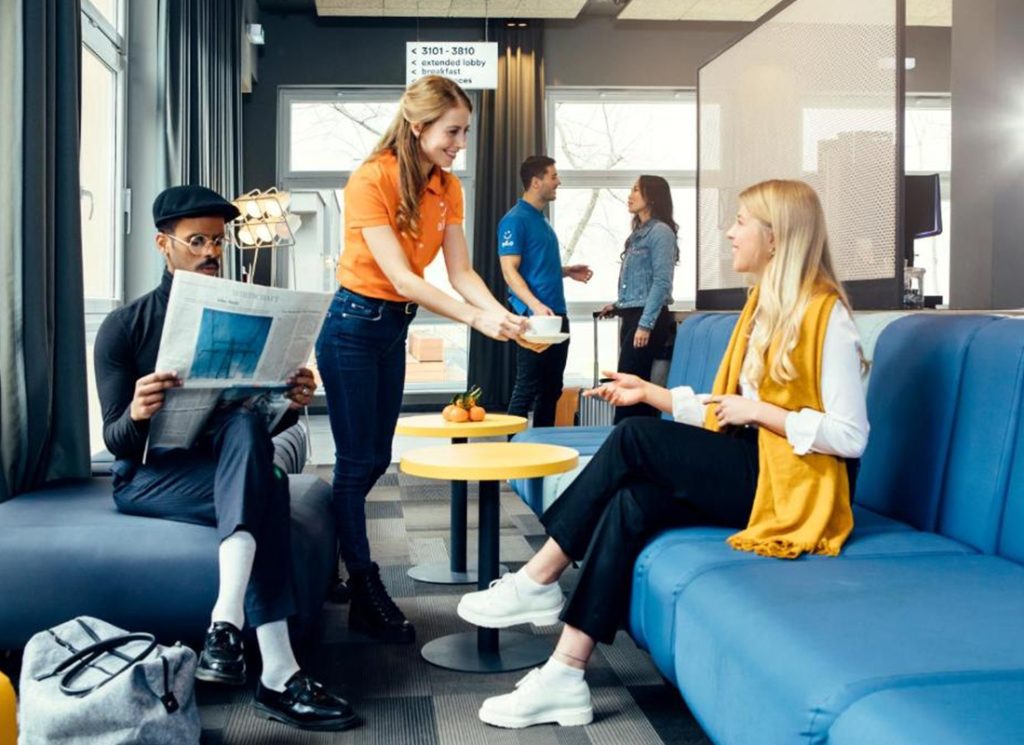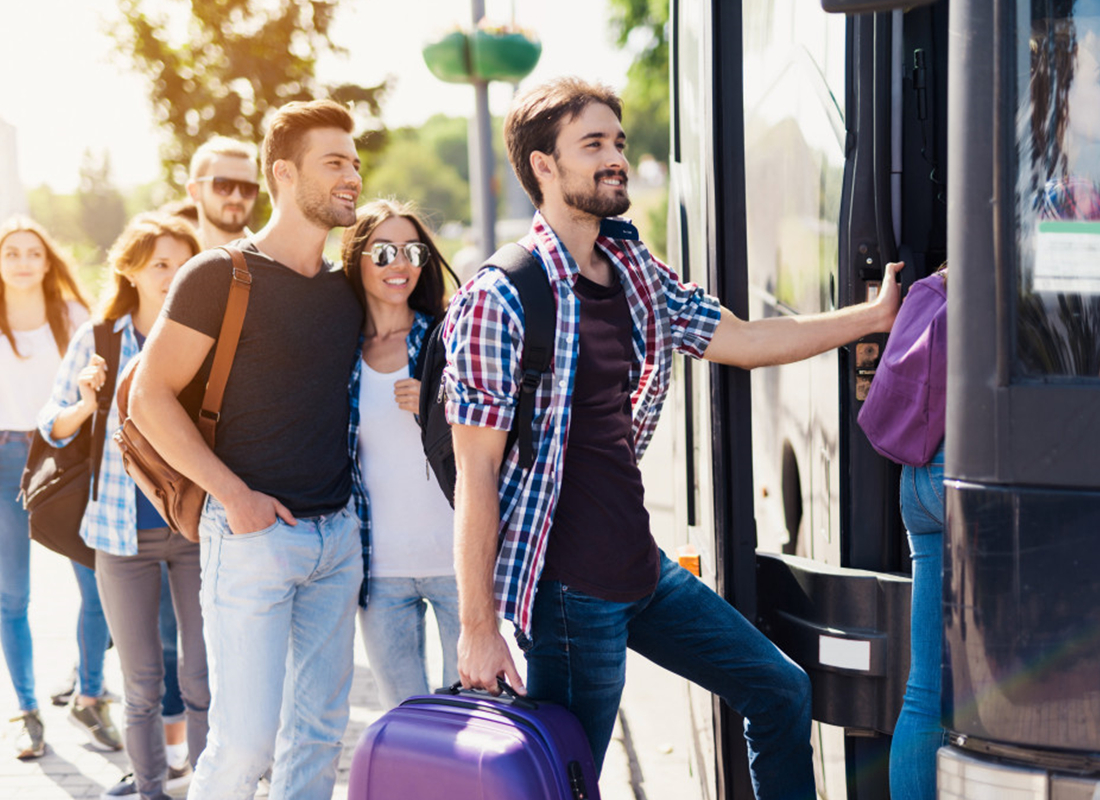Accommodation is another area where savings can be maximized. Instead of opting for expensive hotels, consider alternatives such as hostels, guesthouses, or vacation rentals. These options not only save money but also provide opportunities to meet fellow travelers and share experiences. Additionally, platforms for home exchanges can offer unique lodging experiences at little to no cost.
Eating out can quickly add up, but there are ways to enjoy local cuisine without overspending. Street food markets and local eateries often serve delicious meals at a fraction of the price of touristy restaurants. Embracing the local food culture not only enhances your travel experience but also supports small businesses in the community. Another tip is to shop at local grocery stores and prepare some meals yourself, which can be both fun and economical.

Transportation costs can also be a significant part of your travel budget. Using public transportation, such as buses or trains, is often much cheaper than renting a car or relying on taxis. Many cities offer affordable travel passes that allow unlimited travel within a certain time frame, making it easy to explore without overspending. For shorter distances, consider walking or cycling to soak in the surroundings and discover hidden gems along the way.
Take advantage of free activities and attractions, which are often available in most destinations. Museums, parks, and community events can provide enriching experiences at no cost. Researching local festivals or free tours can also enhance your trip without straining your budget. By employing these strategies, you can enjoy memorable adventures while keeping your finances in check, allowing you to explore more of what the world has to offer.

